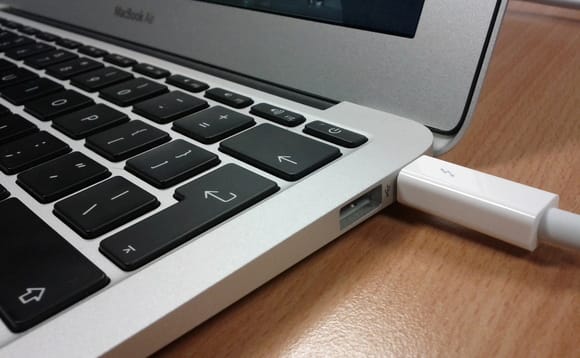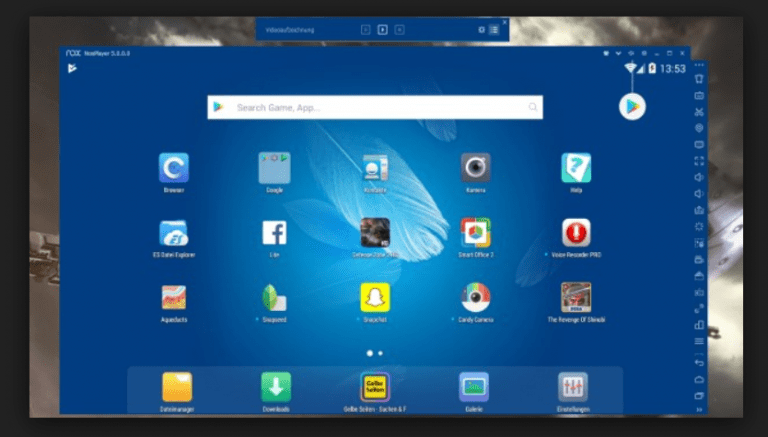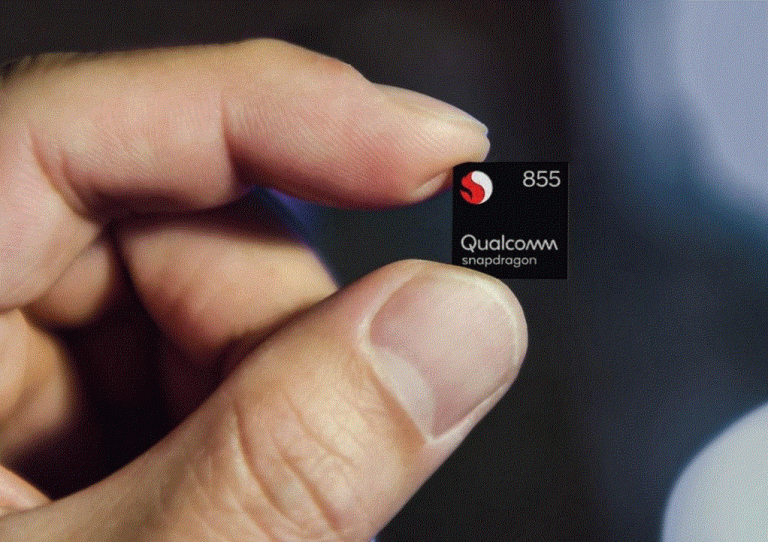Thunderclap Flaw Can Let Hackers Access Your PCs with Peripherals That Are Infected
Remember never to upload random software or tools on your PC or laptop. That is because security analysts have found out a new flaw in Thunderclap, which can infect your PCs or laptop with peripherals.
The data transfer specification known as Thunderbolt can cause serious damage to PCs and laptops which are open to attacks from them. The virus or malware can be transferred through hardware or USB.
According to a security analyst Theo Markettos, it has the ability to take advantage of the fact that the DMA or direct memory access are granted to easily target the actual device. The accessories, which are part of Thunderbolt, can access the target device.
Only if security protection using powerful software and tool is used, imposters and hackers can easily access and hack sensitive files. Not to mention, they can run and operate malware on the PC causing severe loss of information and data.
Thunderbolt was designed to replicate external functions. The same level of access is required by it, however, the setup that it is based on, is very easy to be attacked by hackers and malware. Usually, it is difficult using a USB cable to the hacker on to somebody PC or laptop.
Hacking a PC or laptop through online sources is one of the easiest methods to do so. Having said that, the vulnerability of the Thunderclap is not unique and different to the Thunderbolt 3. The previous devices using Thunderbolt were based on the DisplayPort and not USB cable.
The researcher found out the flawed way back in the year 2016. Manufacturers who are developing the products are designing security measures for preventing further attacks. In a recent case, Apple came out with a solution.
Only time will tell if this was a serious issue or not. History has always seemed security flaws causing immense loss to both large and small organizations. However, in this case, it can cause more damage, thanks to the fact that the flaw can penetrate through even remote PCs.






